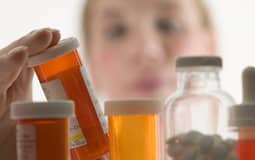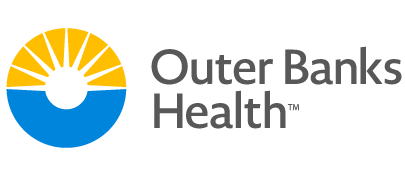Prescription Drug Addiction
There are many reasons why people take prescription medications. They may use them to ease pain, anxiety, or attention deficit disorder. Most of these people use such potentially addictive drugs correctly. But some people end up abusing them.
In some cases, people may abuse drugs that aren’t prescribed to them. They may get them from friends or family members. Or they may buy them from drug dealers on the street.
What drugs are likely to be abused?
The three types of prescription drugs most often abused are:
1. Pain Relief (Opioids – include morphine, codeine, and drugs that contain hydrocodone, oxycodone, and fentanyl)
2. Anxiety and sleep disorders (Tranquilizers – include alprazolam and diazepam)
3. Those for narcolepsy and attention-deficit/hyperactivity disorder (Stimulants – amphetamine, dextroamphetamine, and methylphenidate.)
What are the symptoms of prescription addiction?
Signs of addiction include the following:
- Loss of control over taking a medication
- Hiding pills
- Obsessively counting pills
- Finding ways to get more of a drug by making unnecessary emergency room or licensed healthcare provider visits
- Taking a drug or medication more often than directed
- Taking higher doses than instructed because the previous dose did not provide the same effect
- Taking a drug with other drugs or alcohol and/or crushing and snorting a pill instead of swallowing it
Who’s at risk for prescription addiction?
Both women and men abuse prescription drugs at about the same rate. Women are twice as likely to become addicted as men. People at the highest risk for addiction are those who have other addictions or who have abused prescription drugs in the past.
What steps can be taken to avoid addiction?
Take medications only as prescribed. Get possibly addictive medications only from one licensed healthcare provider and one pharmacy.
If you have opioids, tranquilizers, or stimulant prescription medications, keep them in a safe place. Lock them up to keep them secure. Don’t share them with anyone else; it is illegal. The prescription is for only you.
If you feel you need help, contact the Mobile Crisis Team at 866-437-1821.
For a list of local resources, download our Jan/Feb 2017 Health Coach newsletter


